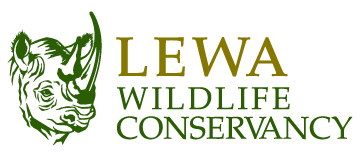Many jobs in the future will involve coding to some degree, as well as engineering and machine learning, but there exists a substantial skills gap in Africa. The Lewa Digital Literacy Programme (DLP), however, is offering training solutions that are making the uptake of coding easier for children in Northern Kenya.
In Sub-Saharan Africa, 230 million jobs will require digital skills by 2030, according to the Digital Skills in Sub-Saharan Africa report recently published by the International Finance Corporation (IFC). With inaccessibility to technology and/or lack of soft digital skills amongst the youth, populations are hard-pressed to meet the emerging challenges of the 21st century. Limited government funding means that key equipment for digital learning is unavailable, and even if it were available, teacher training is needed to be able to use it.
Lewa’s Digital Literacy Programme is harnessing the power of digital transformation to ensure quality education is provided to 23 community public schools within communities surrounding Lewa Wildlife Conservancy. Teachers and learners in the 23 supported schools have access to digital technology to advance their objectives for education. The programme is leveraging education technology to help improve student learning outcomes, thereby better ensuring that all those who access education, acquire foundational literacy skills, develop knowledge and competencies relevant to their lives and livelihoods, and contribute to more sustainable futures.
More than 7,500 students from marginalized communities in Northern Kenya have gained key digital skills using 1,339 tablets provided by Lewa and 800 of those have been training on coding for the last year, using a visual programming platform, Scratch. Scratch is the world’s largest coding community for children and uses a coding language with a simple visual interface that allows young people to create digital stories, games, and animations. Scratch promotes computational thinking and problem solving skills; creative teaching and learning; self-expression and collaboration; and equity in computing aimed at learners aged between four years and sixteen years.
According to Code.org, 71 percent of all new STEM (Science, Technology, Engineering or Math) jobs are in computing, yet only eight percent of STEM graduates are in computer science. Meanwhile, it is predicted that over the next two decades machine learning, robots and automation will replace about 47 percent of current jobs. These figures present major challenges, especially in marginalized communities in Northern Kenya where there is little to no access to electricity, and devices with access to the internet are still unaffordable for most households.
It’s becoming more and more vital for children to learn skills that will be pivotal for their future success at an early age. Just knowing the basics of coding will give kids a set of skills that will be useful in almost every industry, and give them a huge advantage over those who don’t.
Started in 2015, with 150 learners in coding clubs in 6 Lewa-supported schools, the Lewa DLP coding initiative has developed and is now purposely looking to keep engaging 800 grade five learners in 19 Lewa supported primary schools how to code. The initiative aims to gradually extend this to all the 7,500 students with the ultimate goal being to show learners from underrepresented communities their potential and introduce them to the idea of pursuing careers in IT, computing and engineering.
“At first glance, it may seem like teaching young kids to code is impossible, yet, it is best to start when a child’s mind is still forming. Learning coding at a young age helps them build critical life skills like creativity, problem solving and perseverance. When they code, kids learn through experimentation and it strengthens their brains, allowing them to find creative solutions to problems. It makes children better thinkers and communicators as well.” Alfred Muriuki, Lewa Digital Literacy Programme Lead.







